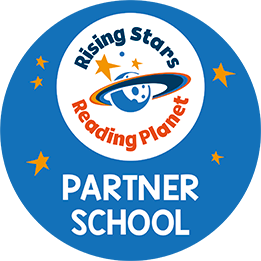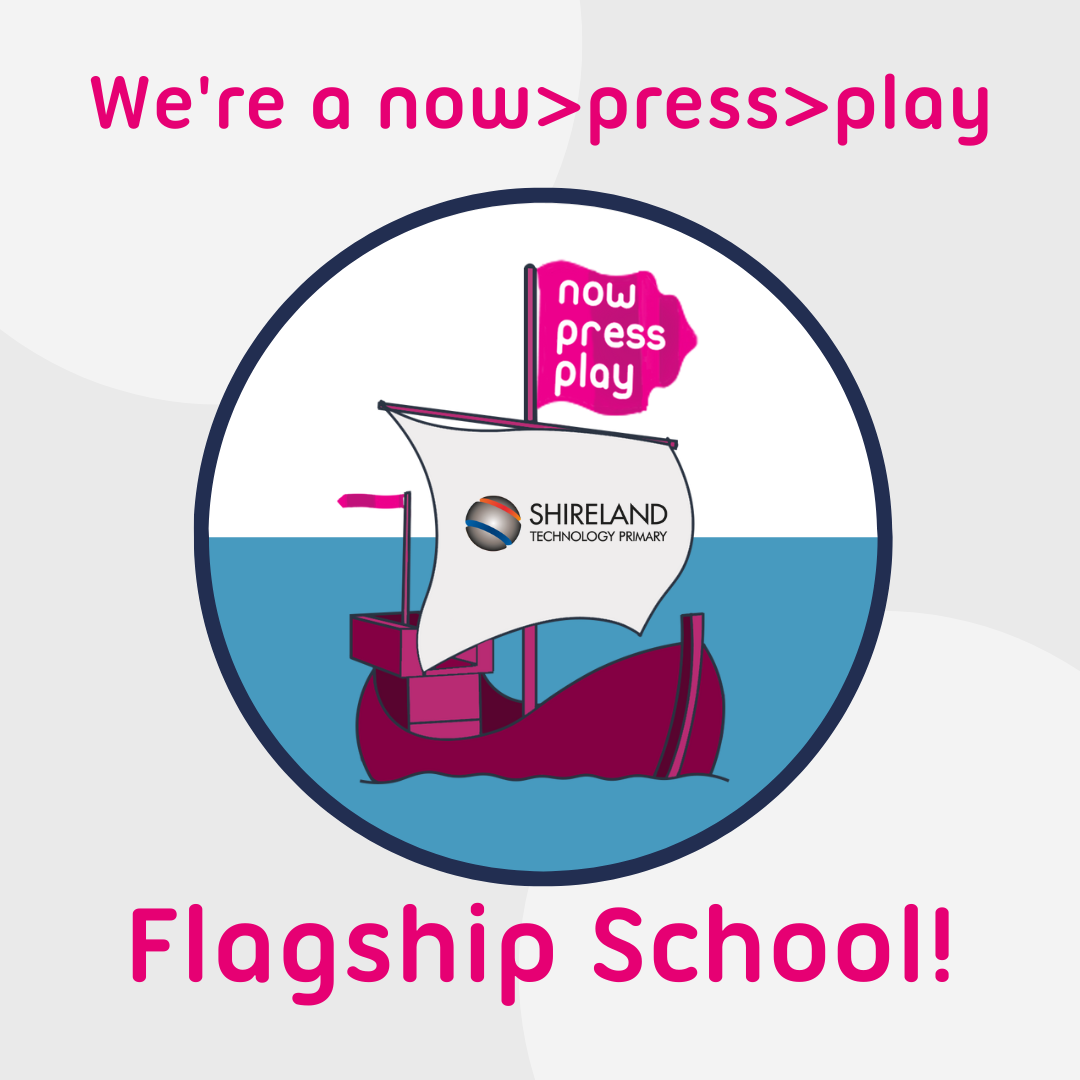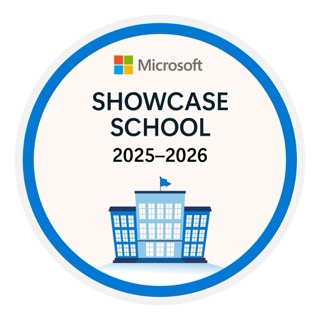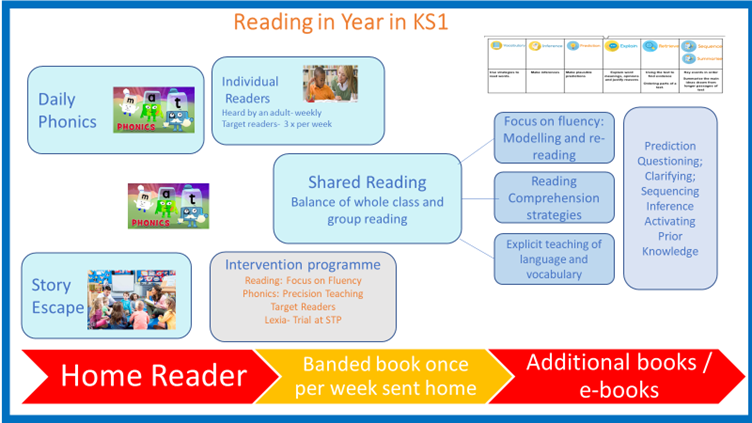
English
English
Reading
We strongly believe that alongside language development, reading is key to pupils successfully accessing the curriculum and making good progress.
We develop a love of reading in our pupils, whether for pleasure or to inform and broaden knowledge. We emphasise the importance of books and literature (including ebooks) in enabling pupils to become confident, happy, and enthusiastic readers and writers, with all the benefits this brings. Each week, pupils can take a book home and have access to online books which they can read with their families. Pupils are assessed regularly to ensure that they are on the correct reading band.
Dedicated time is devoted each day for the teacher to share a story with the pupils through ‘Story Escape’ from Early Years and throughout school. These sessions see a focus on modelling how to read expressively, highlighting features and prompting thought and curiosity skills with skilfully scaffolded questions. We have a carefully chosen a spine of literature which outlines a range of books and authors that pupils will have read to them in each year group, in addition to the rich range of stories and books that teachers select.
Pupils have many opportunities across the curriculum to develop their reading skills. Different approaches are used to develop a broad range of skills.
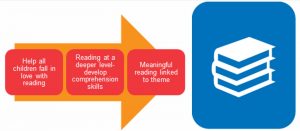
Whole-class, group and 1:1 reading sessions are designed to explicitly develop reading fluency and comprehension for all pupils whilst enjoying a text together.
Reading comprehension can be improved by teaching pupils specific strategies that they can apply both to monitor and overcome barriers to comprehension.
We have identified some core Reading Skills that pupils need to be successful readers. Each skill is represented by the acronym ‘VIPERS’ (see below) to ensure whole school consistency and to engage pupils in the comprehension activities.
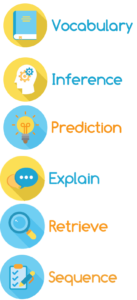
Phonics
In EYFS and Key Stage 1, phonics is taught using a structured and creative approach through the Rocket Phonics scheme in preparation for the National Phonics Screening Test in the Summer Term in Year 1. Rocket Phonics is aligned to Letters and Sounds and is a resource that supports the development of pupils’ speaking and listening skills as well as preparing them to become successful readers through set phonics phases.
Pupils are taught to decode new words by sounding them out and combining or ‘blending’ the sound spelling patterns. Pupils then practise the sounds that they have learnt by reading texts containing words that can be decoded. This improves the fluency as well as the accuracy of pupils’ decoding until it becomes automatic and does not require conscious effort.

Speaking and listening
We firmly believe that a curriculum with a foundation of ‘talk before writing’ will be essential to unlock attainment for our pupils and accelerate their progress. A focus on literacy, and in particular language and vocabulary development, will place our pupils in the best possible position to gain full access to the wider curriculum from the earliest age. We therefore place considerable emphasis on developing pupils’ oral skills and expressive language, focusing on speaking and listening through presenting to an audience, role-play, discussion, and explanation starting from the Early Years and progressing into Key Stage 1.
Writing
Literacy is fully embedded into our E3L curriculum to provide authentic opportunities to apply knowledge and skills that pupils learn for a real purpose. In Early Years and KS1 the purposes for writing focus on ‘Writing to Entertain’ and ‘Writing to Inform’. We have inspirational writing opportunities interwoven through our themes and pupils get a chance to develop their literacy skills across all aspects of the curriculum. Pupils learn about the features of each genre of writing with a focus on sentence and grammar, before then moving on to planning, drafting, and editing their own version before finally completing an extended writing piece.
Pupils write a range of fiction and non-fiction text outcomes, including dinosaur fact files and adventure stories in year 1, and recipes and non-chronological reports in year 2.
KS2 English
Reading
Reading in KS2 continues to build upon the reading process in KS1 where the focus is on both language comprehensions and decoding.
Pupils have many opportunities across the curriculum to develop their reading skills. Different approaches are used to develop a broad range of skills.
In KS2, pupils continue to enjoy stories as part of ‘Story Escape’ where teachers dedicate time every day to share and read a story, modelling how to read expressively, highlighting features and prompting thought and curiosity skills with careful questions. Each week, pupils can take a book home and have access to online books which can be read with their families. Pupils are assessed regularly to ensure that they are on the correct reading band.
We have identified some core Reading Skills that pupils need to be successful readers. Each skill is represented by the acronym ‘VIPERS’ (see below) to ensure whole school consistency and to engage pupils in the comprehension activities.

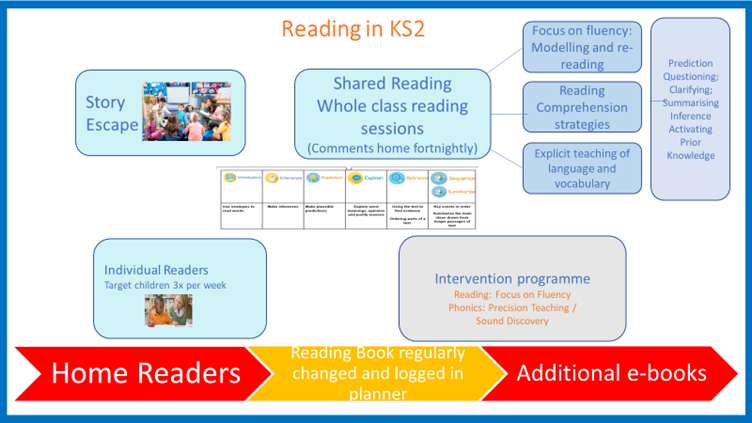
Writing
English is fully embedded into our E3L themes to provide a wealth of authentic and purposeful opportunities for pupils to develop their literacy skills. There will be a range of inspirational writing opportunities interwoven into our themes.
We have identified the main purposes for writing and organised our curriculum so that we teach text types which share similar features together. For example, the effective use of adjectives can be secured by teaching descriptive poetry and adventure stories during the same half term. The four writing purposes that pupils will be taught across KS2 are: ‘Writing to Entertain’, ‘Writing to Inform’, ‘Writing to Persuade’ and ‘Writing to Discuss’. Pupils learn about the features of each genre of writing with a focus on sentence and grammar, then move on to planning, drafting, and editing their own version before finally completing an extended writing piece.
By organising the curriculum in this way, pupils can master the features of each genre much more successfully. Pupils then have multiple chances to apply their skills through the many writing opportunities embedded through the E3L themes.
Speaking and Listening
Within our English curriculum, we aim to provide our pupils with integral skills that will allow them to confidently produce and interpret the English Language. The continued development of oracy skills from Key Stage 1 will advance into Key Stage 2 and link closely to writing.
The importance of speaking to an audience and presenting work confidently to others, participating in debates and listening, understanding and then responding to others’ points of view are all vital for pupils to develop for future use. At Shireland Technology Primary school, these are skills that we make provision for in our curriculum.





